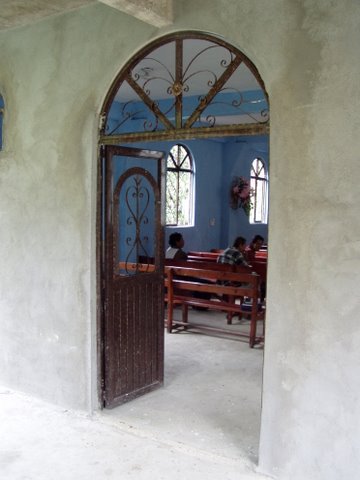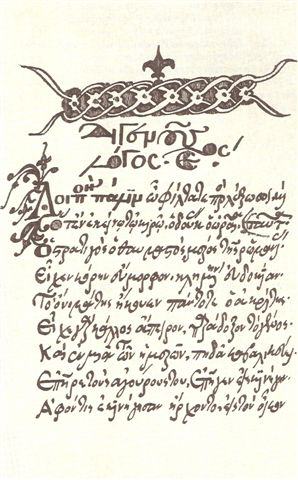Of late I’ve been researching the extant corpus of writings in Etruscan, an ancient language which was spoken in Etruria (modern-day Tuscany), Italy. Etruscan is dead now (its speakers were dissolved into Roman culture long ago), but through the writings these people left behind we do know enough about their language to see that it was definitely not Indo-European, i.e. it was not related to Latin or English or most any other European language. A little is known about its phonology and grammar, but most knowledge of it is lost forever, and although many Etruscan books were written during Classical Antiquity, only one has survived.
This evening I read an online article about Doris McLemore, the last fluent speaker of the Wichita language up in Oklahoma. It really is sad to think how this Native American tongue will be lost when she passes away, but when one looks at history, it is clear that one language supplanting another is nothing new. The ancient Celts of the Iberian peninsula were Romanized years ago, and even before that it is likely that the original Indo-Europeans conquered many people in Europe who had lived there before them. Thus we can see that, although it is certainly lamentable, there will always be languages that are replaced by other, more fortunate tongues.
However, to end on a good note, I should like to remind you that North America is not losing all of its linguistic richness. In my two visits to San Luis Potosi, Mexico, I found the Nahuatl and Huastec languages thriving alongside Spanish, spoken by young and old alike. So, it really is possible to retain your linguistic heritage if you have a mind to.


